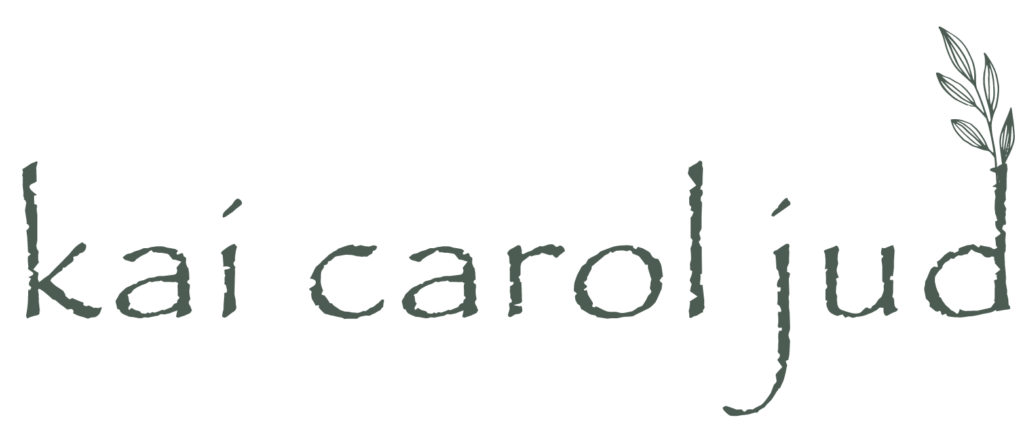Today is the day of the Fall Equinox, the moment when the Sun appears directly over the equator rather than north or south of the equator. The word equinox is derived from the Latin aequinoctium, from aequus (equal) and nox (night), implying that the light and the dark are equal.
During this time of deep divisiveness in our world, the arrival of the Equinox has inspired me to consider the meaning of the word “equal” and how it affects our attempts to solve problems in a world perceived through duality.
Our human brains, with their two hemispheres, each with distinct functions, are a marvel of integration. The left hemisphere governs speech, comprehension, mathematics, and writing, while the right hemisphere controls creativity, spatial ability, and artistic and musical skills. Together, these two parts create a third image that we call reality, a testament to the intricate interconnectedness of our perception that we often take for granted.
Despite the lack of evidence for a divided universe, our use of language has created a world of dualities. We perceive the world as a dichotomy of right and wrong, masculine and feminine, war and peace, living and dead, real and unreal. This linguistic separation, while aiding our comprehension of the vastness of the universe, also humbles us with the realization of our limited ability to define reality and solve the challenging problems of our world.
For example, peace is defined as the absence of war, and war is a state of conflict or the absence of peace. If we define our reality by language, bringing peace into the world is impossible. Even if we sign a treaty, the “fought for” peace, that peace continues to have war as its flip side.
As anyone who has walked in a forest has seen, life and death are not opposites. A dead tree continues to nurture a community of insects, small animals, lichens, and mushrooms and sometimes even grows a new shoot of itself. Is that tree dead, or is it in a state for which we have no word in the English language? The evidence seems to support that this tree is not dead or alive but a third thing, a state of the death of one role and an ongoing life in another.
I had a long talk with one of my friends about free will and the evolution of human consciousness. I insisted that as long as we are caught in duality, we have little choice in our lives. We merely swing between one side of the coin and the other. My friend insisted that a tiny part of us could still make a choice in the matrix in which we live. We were at an impasse.
That is when I realized the possibility that we can only begin to evolve when we transcend polarities. Instead of being trapped in the oscillation between right and wrong, good and evil, we can aspire to a broader perspective that encompasses the whole, inspiring us to grow and understand beyond the limitations of duality.
In essence, our journey from either/ or to both/and thinking is a leap into the unknown, a departure from the familiar. ‘Either/or ‘thinking is the belief that things can only be one way or the other, while ‘both/and ‘thinking allows for the possibility that things can be both at the same time. Accepting the possibility that wisdom exists beyond our own experiences and beliefs can be unsettling. Yet, without the willingness to understand another’s viewpoint, we risk being blinded by our own limited perspectives.
Both/and thinking requires surrender. It takes the willingness to listen to the words and the meanings beneath the words. It takes the courage to face the “other” with curiosity and compassion. Surrender here means letting go of the need to be right, and instead, embracing the possibility that there are multiple truths.
My friend, Louise, a lawyer for the indigenous people in British Columbia, tells me of a word that means “Contradictions are sacred.” Imagine what our world could be if we looked at the contradictions that cause so much distress in our lives, not as something that needs to be fought over or fixed, but as sacred pathways to new understandings of our Oneness.
As we move toward this time of growing darkness in the coming days, may we find new ways of seeing the Light.

